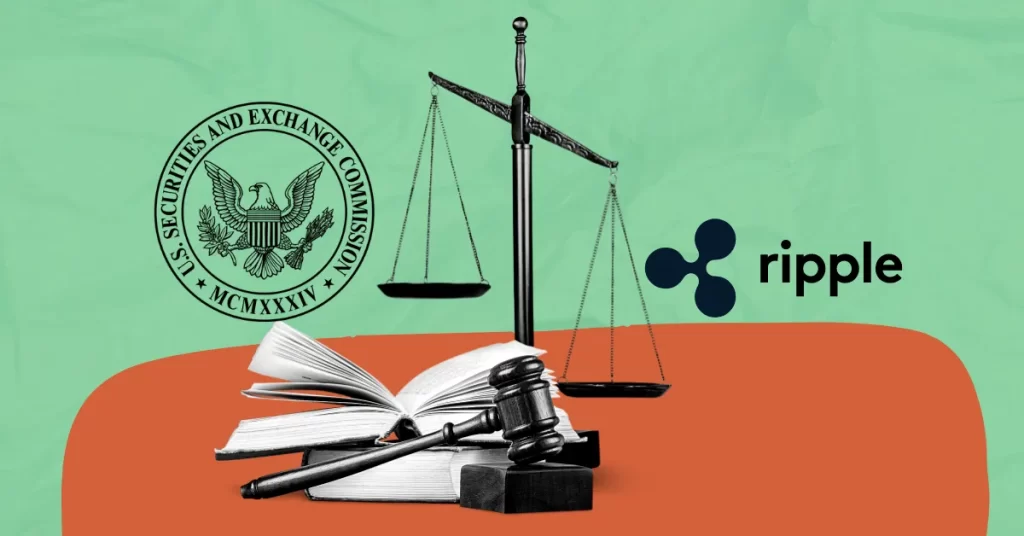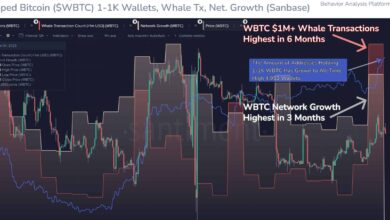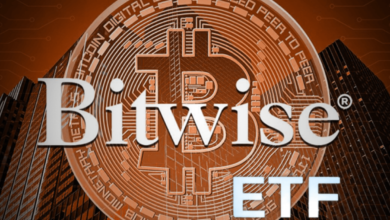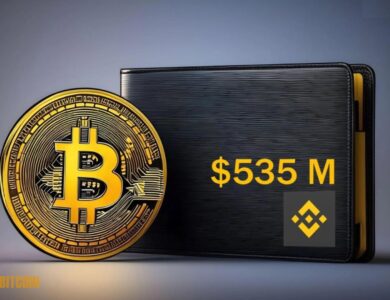
Developments in the Legal Battle Between Ripple and the SEC
Between Ripple and the SEC: The, legal battle between Ripple Labs and the U.S. Securities and Exchange Commission (SEC) has become one of the most significant and closely watched events in the cryptocurrency space. With both sides making compelling arguments about the future of digital assets, the case holds enormous implications for the regulatory landscape of cryptocurrencies. In this blog, we’ll explore the latest developments in the ongoing legal conflict between Trump Receives Portrait on the Bitcoin Blockchain Ripple and the SEC, breaking down key milestones and their potential impact on the crypto industry.
Background of the Case
The lawsuit between Ripple Labs, the company behind the XRP token, and the SEC dates back to December 2020. The SEC filed a lawsuit accusing Ripple of conducting an unregistered securities offering by selling XRP, which it claims is a security under U.S. law. Ripple has consistently denied these allegations, asserting that XRP is a currency and not a security. This case has been critical for the entire cryptocurrency market because it challenges how regulators view digital assets, and it could set a precedent for future regulatory actions.
Key Developments in 2024

- Court Ruling on XRP’s Status as a Security
One of the most important moments in the case came in July 2023 when U.S. District Judge Analisa Torres ruled that XRP could not be classified as a security when sold on public exchanges. This was seen as a major victory for Ripple, as it undermined the SEC’s argument that XRP was inherently a security. Judge Torres stated that XRP did not meet the criteria of an “investment contract” under securities law when sold to retail investors, leading many to believe that cryptocurrencies that are not involved in investment contracts may not fall under the SEC’s jurisdiction.
However, the court also ruled that XRP could be considered a security when sold to institutional investors in private sales. This distinction sparked a lot of debate, as it suggested that the nature of a digital asset’s sale could determine its regulatory classification.
- The SEC’s Appeal and Legal Maneuvers
Despite this partial setback, the SEC is determined to continue its fight, filing an appeal to overturn the ruling. The appeal has been one of the most closely followed aspects of the case, as it could lead to either a reinforcement of the legal standing that digital assets like XRP are commodities or the imposition of strict securities regulations on all cryptocurrencies.
As of early 2024, legal experts are watching the appeal process closely, as it could determine the future relationship between cryptocurrencies and U.S. financial regulators. If the SEC wins its appeal, it could lead to increased regulatory scrutiny for other cryptocurrencies, causing ripple effects throughout the market.
- Ripple’s Growing Legal and Lobbying Efforts
Ripple has also been active in lobbying efforts to influence U.S. lawmakers and regulators in favor of a more crypto-friendly regulatory environment. Ripple has called for clear and consistent guidelines that would help the cryptocurrency industry grow without the constant fear of legal battles. Ripple’s legal team has been working to gather support from other players in the crypto ecosystem, including exchanges and blockchain advocates, to challenge the SEC’s stance on digital assets.
Ripple’s CEO, Brad Garlinghouse, has expressed confidence that the company will ultimately prevail in the legal battle, but also acknowledged that the fight could drag on for years. Ripple’s involvement in regulatory discussions has emphasized the need for a comprehensive regulatory framework that allows innovation in the cryptocurrency industry without stifling it through excessive regulation.
- Impact on the Broader Crypto Market
The Ripple-SEC case has wide-ranging implications for the broader cryptocurrency market. The outcome of the legal battle could set a significant precedent for how other digital assets, like Ethereum and Bitcoin, are regulated in the U.S. Should the SEC succeed in its appeal and secure a ruling that places digital assets firmly under its control, we may see more stringent regulations for crypto projects, exchanges, and token offerings. This could lead to more compliance burdens for crypto companies and potentially shake investor confidence.
On the other hand, a victory for Ripple could be a massive win for the entire industry. It could pave the way for clearer legal frameworks around cryptocurrency, offering reassurance to businesses and investors that the regulatory environment won’t be overly restrictive. It would also provide much-needed clarity to other crypto projects and tokens, helping to avoid costly legal disputes in the future.
The Bigger Picture: What’s at Stake?
The Ripple-SEC case isn’t just a battle between a company and a government agency. It represents a critical moment in the evolution of cryptocurrency regulation. The outcome of this case could shape the direction of cryptocurrency laws in the U.S. and around the world. With the increasing adoption of digital currencies, both the U.S. and global regulators are grappling with how to classify and regulate cryptocurrencies, which present a unique challenge compared to traditional financial assets.
If the SEC succeeds, it could establish a precedent that sets a stricter tone for the regulatory oversight of digital currencies. On the flip side, if Ripple prevails, it could signal that the SEC’s current approach is too heavy-handed and that a more nuanced framework is needed to encourage innovation while maintaining investor protection.
Conclusion
As the legal battle between Ripple and the SEC continues to unfold, its impact on the future of cryptocurrency regulation cannot be overstated. With both sides presenting strong arguments and with the possibility of an appeal dragging the case on for months or even years, the outcome of this case will shape the trajectory of digital assets in the U.S. and beyond. Whether Ripple emerges victorious or the SEC secures a broader legal victory, one thing is clear: the future of cryptocurrency regulation is at a crossroads, and the world is watching.
[sp_easyaccordion id=”5789″]







